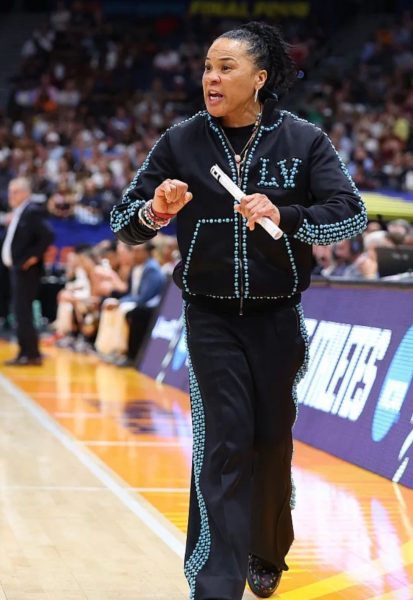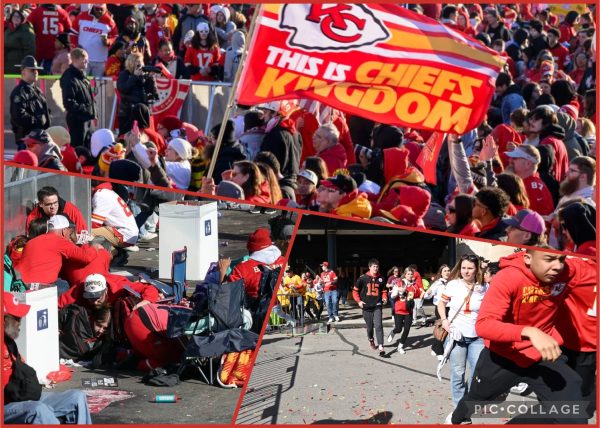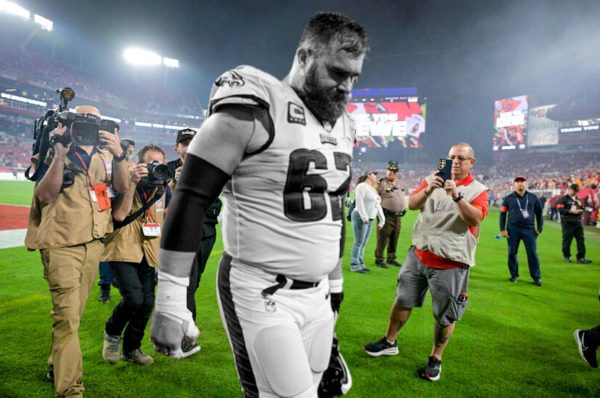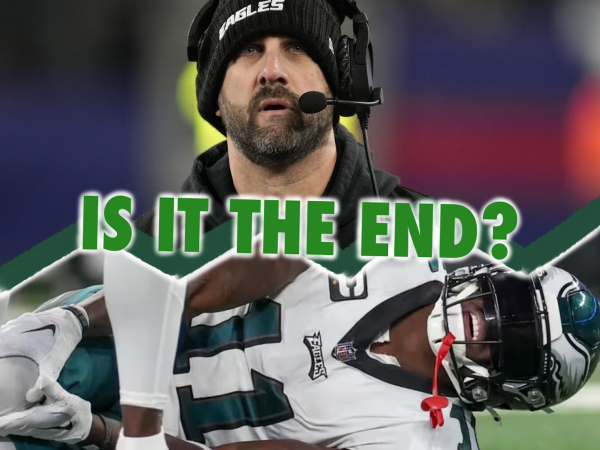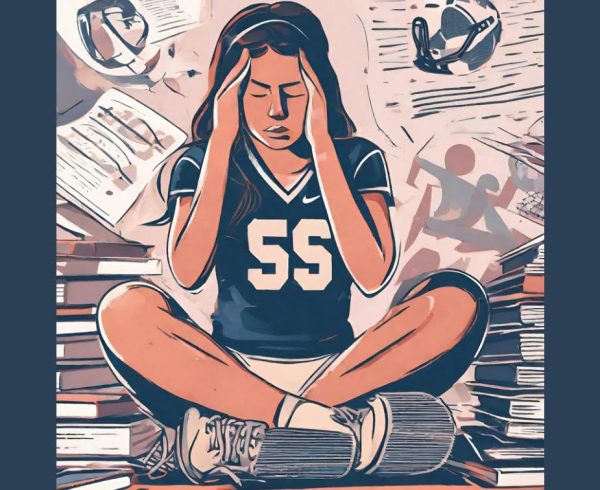When will racism in soccer end?
Soccer has long been plagued by the issue of racial abuse against players. Is there a probable solution in sight?
England forward Raheem Sterling celebrates after scoring a goal in a 5-1 win against Montenegro in March 2019. He had been suffering from racial abuse by fans all game.
It happened again.
Just when you thought racism in soccer couldn’t get any worse, Lazio fans were caught doing what they have become infamous for: racially abusing opposing players. This time, their target was Brescia forward Mario Balotelli, who has been a repeated target (most notably against Verona in October) since his return to his hometown club. This incident is just one of many that have brought the often-ugly behavior of soccer ultras into the spotlight once again.
Incidents of racial abuse were not limited to back-country teams, either. Just a few weeks earlier during the Manchester Derby, Manchester City fans used monkey gestures in front of two black Manchester United players, Jesse Lingard and Fred. In a separate incident, Excelsior forward Ahmad Mendes Moreira was subjected to monkey chants in a Dutch second division game against Den Bosch.
In Ukraine, Shakhtar Donetsk’s Taison was reduced to tears after suffering vile racial abuse at the hands of Dinamo Kyiv fans. In fact, he was sent off for booting the ball at those fans once play was stopped.
In October, Bulgarian fans taunted English players with Nazi salutes in monkey chants. It got so bad that the game was paused twice, with Bulgaria captain Ivelin Popov begging the fans to stop. Following this unfortunate event, Borislav Mikhaylov stepped down from his position as president of the Bulgaria Football Association.
In March, English left-back Danny Rose remarked that he “couldn’t wait to retire” after suffering abuse at the hands of Montenegro fans during a 5-1 win. English players such as Rose, Callum Hudson-Odoi, and Raheem Sterling were the main targets of abuse from the Montenegrin fans, leading Sterling to put his hands to his ears after scoring the fifth goal.
He stated after the game, “I don’t think it was just one or two people that heard it, it was the whole bench. There should be a real punishment for this, not just the two or three people who were doing it – it needs to be a collective thing.”
Italy has long dealt with racial abuse issues, with many occurring during Serie A matches. However, abuse has not been limited to the pitch alone. On December 5th, Corriere dello Sport, a notable Italian soccer newspaper, hyped up a match between Roma and Inter Milan by featuring two black players on the cover, calling it “Black Friday.” In response, the IFA started a new anti-racism campaign with monkeys as their mascots. Not a very good look.
There is still hope for soccer, though. In late February, following an earlier incident at a DFB-Pokal game where Schalke fans racially abused Hertha Berlin defender Jordan Torunarigha, a Preussen Munster fan began hurling racial abuse at Wurzburger Kickers left-back Leroy Kwadwo in a German third-tier game. His fellow Munster fans turned on him, chanting “Nazis out,” and the fan was arrested and banned. It’s a great response from the fans, as well as the players, who quickly showed support for Kwadwo.
The lack of real response from the respective governing bodies is quite simply horrible. Slapping Lazio and Cagliari, two teams with repeat offenses of racial abuse by fans, with simple fines is not a valid punishment. Arrest the fans, force the teams to play behind closed doors, and punish the football associations. Stronger punishments are needed to drive racial abuse out of the game, and unless these measures aren’t taken, it will only get worse.
Set a real precedent. Make a statement by banning these sections of fans and fining the clubs and governing bodies that allow these vile actions to happen without punishment.



